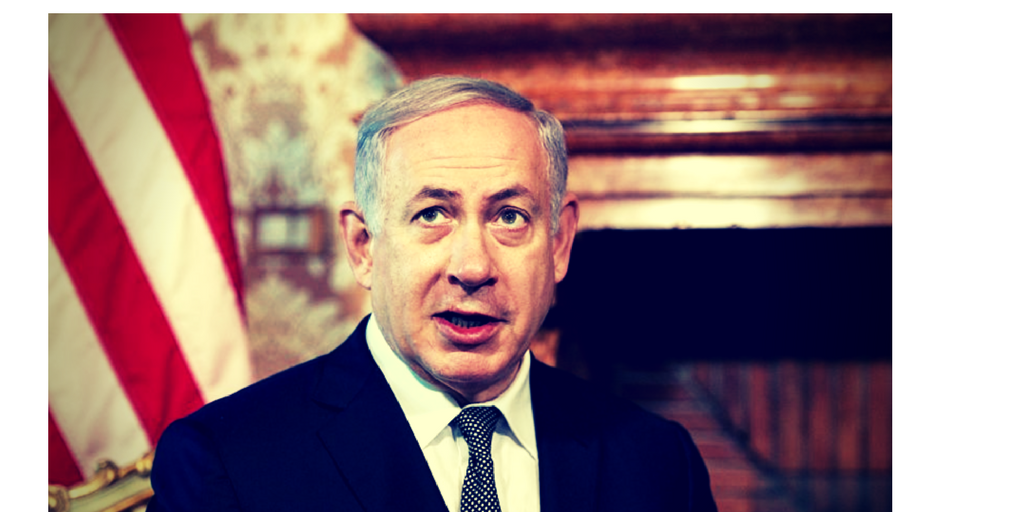(Communicated by the Prime Minister’s Media Adviser)
Prime Minister Benjamin Netanyahu, this morning (Sunday, 25 February 2018), at the start of the weekly Cabinet meeting, made the following remarks:
“Over the weekend we learned that President Trump has decided to move the US Embassy to Jerusalem, the capital of Israel, on this coming Independence Day. This is a great moment for the citizens of Israel and this is an historic moment for the State of Israel. We will celebrate it together, all citizens of Israel. This will have significant and historic long-range implications. On behalf of the entire government and people, I would like to thank President Trump for both his leadership and his friendship. President Trump, you are a great friend of the State of Israel and we all thank you.
Today, the Cabinet will approve a budget for the Netiv Ha’avot outline. The residents of Netiv Ha’avot have been waiting for a long time for this. I would like to thank my colleague, Finance Minister Moshe Kahlon, for the joint work, especially with two people, chief-of-staff Yoav Horowitz and Ronen Peretz from my office, they did outstanding work on both this matter and placing the first homes in the community of Amichai last week – this is a double blessing.
Today the Cabinet will be briefed on the ministries’ working plan for 2018. This work by the ministries is characterized by great budgetary certainty because we passed a biannual budget. The working plan includes very many areas, but here is the main thing I think – our effort to reduce the regulatory burden by 25%. We are adding more and more areas to the preferred regulatory cut and the fight against bureaucracy. This is showing results.
I can tell you that we will continue with the consistent policy that we have followed for many years. It has brought about unprecedented growth in the Israeli economy, in GDP, in an almost unprecedented decline in unemployment that has just about reached the lowest level of all time, and in a constant decline in inequality. It is not just that per capita income is increasing – inequality is declining. Another thing that is not recognized is that relative middle class and lower class wages have risen very impressively.
You have seen the impressive growth in net income in 2009-2016. This is a very, very significant average annual increase that is almost unknown in western countries. There are several countries where the complete opposite is happening, but they all grew. You see that the middle class has grown very impressively. This is a correct policy. And the government ministries, in their working plan that we will present today, are continuing it for the good of the State of Israel and the citizens of Israel.”



 Kent State Pro-Israel activist Lilly Romond
Kent State Pro-Israel activist Lilly Romond

